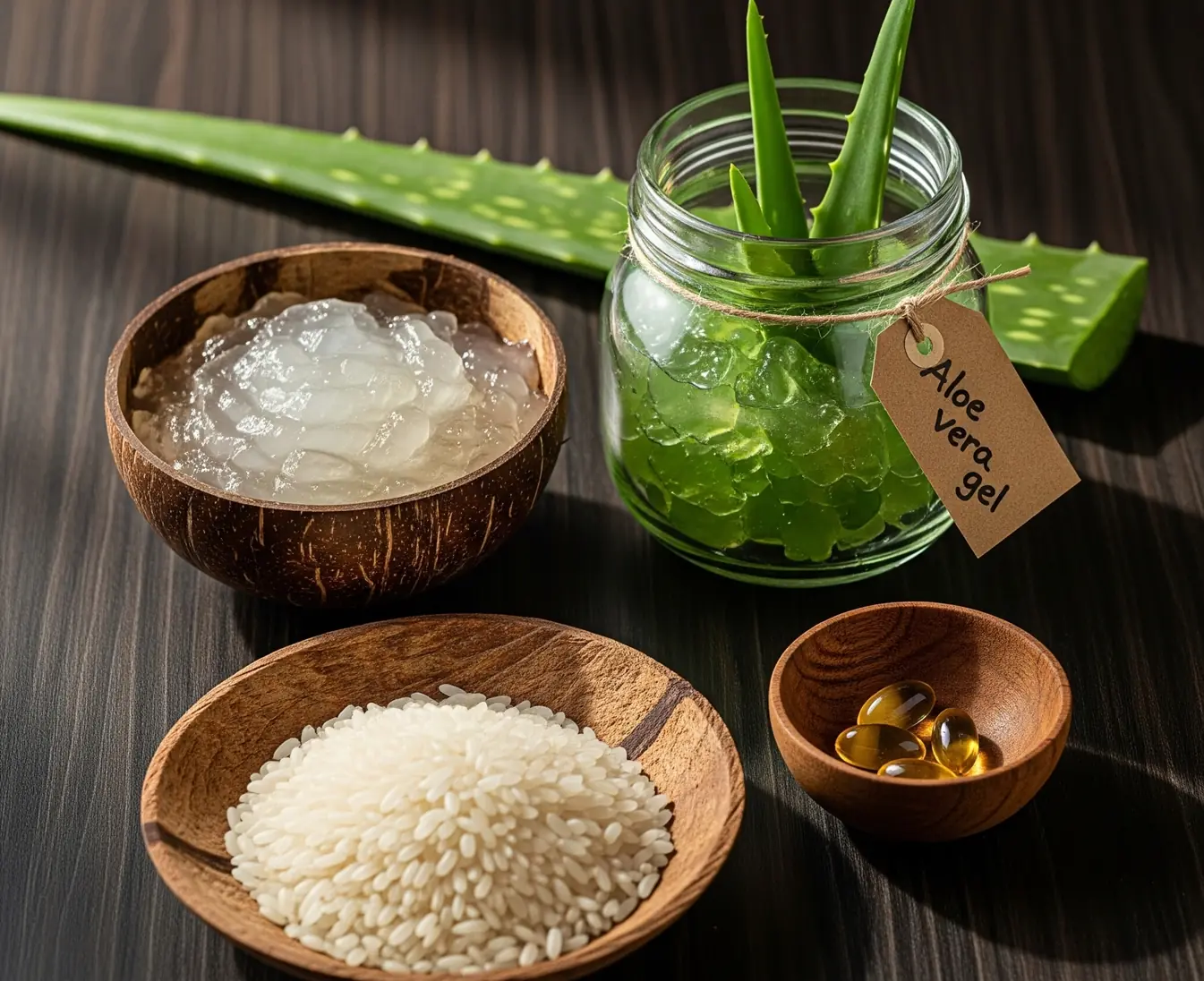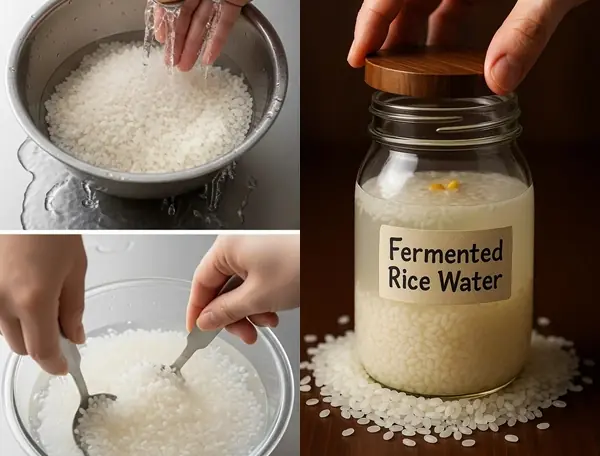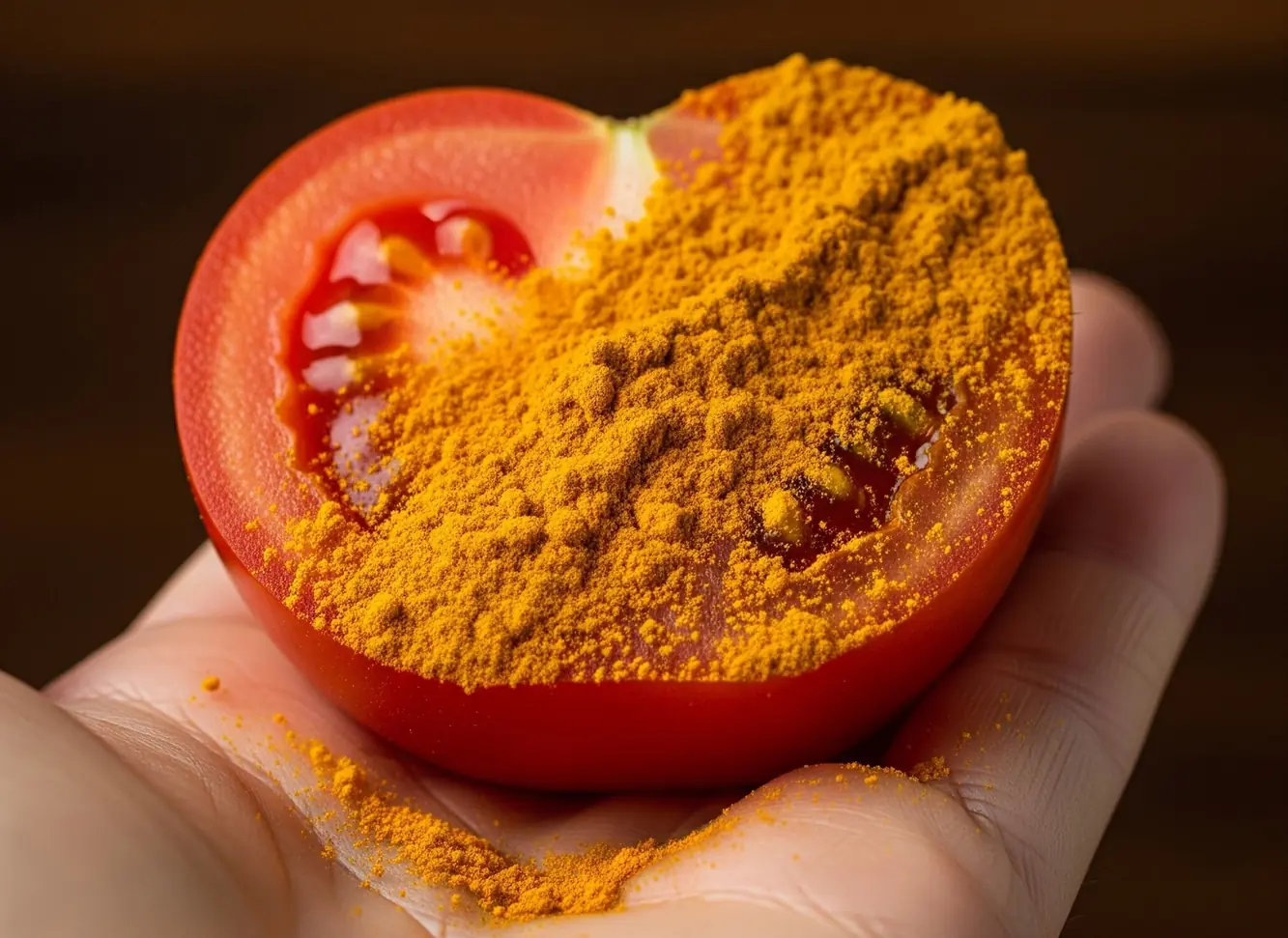
How to lower uric acid: Top diet choices and foods to prevent gout
Gout is a form of inflammatory arthritis characterized by sudden and severe pain in the joints, often beginning in the big toe. This condition arises when excess uric acid in the bloodstream crystallizes and deposits in joints, causing intense discomfort, swelling, and redness. While genetics and other health factors influence gout development, diet plays a significant role in managing the frequency and severity of attacks.
What Causes Gout?
At its core, gout is caused by hyperuricemia — an abnormally high concentration of uric acid in the blood. Uric acid is a natural waste product created when the body breaks down purines, substances found in certain foods and drinks. Normally, uric acid dissolves in the blood, passes through the kidneys, and exits the body via urine. However, when production exceeds elimination, or kidneys fail to clear it efficiently, uric acid accumulates, leading to crystal formation in joints.
These needle-like crystals incite the immune system, triggering inflammation and the characteristic pain of gout attacks. “Gout attacks can be extremely painful and debilitating, affecting mobility and quality of life,” says Dr. Mark Lebwohl, a clinical professor of dermatology at the Icahn School of Medicine at Mount Sinai.
The Diet-Gout Connection: Why Some Foods Trigger Attacks
Because purines directly influence uric acid levels, the foods and beverages you consume are key factors in managing gout. High-purine diets can significantly increase uric acid production, causing flare-ups in people prone to gout.
8 Foods That Commonly Trigger Gout Attacks
-
Red Meats (Beef, Lamb, Pork)
Red meats are among the highest purine-containing foods, particularly organ meats such as liver and kidneys, which have even higher purine levels. Consuming these in large quantities may spike uric acid and provoke gout symptoms. -
Certain Seafood
Seafood varieties including anchovies, sardines, mussels, scallops, and herring contain elevated purines. Studies suggest shellfish and oily fish are frequent culprits in gout flare-ups. -
Alcoholic Beverages
Alcohol, especially beer and liquor, is well-known for its impact on gout. Alcohol increases uric acid production while impairing the kidneys' ability to eliminate it. Beer also contains purines derived from yeast, compounding the problem. -
Sugary Beverages and Foods High in Fructose
Soft drinks, fruit juices, and other foods sweetened with high-fructose corn syrup can raise uric acid levels quickly. Fructose metabolism promotes the production of uric acid in the liver, contributing to hyperuricemia. -
Processed and Fast Foods
Foods such as bacon, hot dogs, and other processed meats contain high levels of purines and saturated fats, which can increase inflammation and exacerbate gout symptoms. -
Gravy and Meat Extracts
Concentrated meat broths and gravies are purine-rich and should be limited to prevent triggering attacks. -
Certain Vegetables (In Moderation)
Although vegetables like asparagus, spinach, and mushrooms contain purines, recent studies show that purines from vegetables are less likely to provoke gout attacks compared to animal sources. Still, moderation is advised. -
Excessive Salt Intake
High sodium consumption is not directly linked to uric acid production but may impair kidney function, indirectly influencing gout risk.
Beneficial Foods That May Help Manage Gout
While some foods trigger attacks, others can assist in lowering uric acid levels or mitigating inflammation:
-
Cherries and Berries
Rich in antioxidants and vitamin C, cherries have been shown to reduce uric acid levels and lower gout flare frequency. “Cherries are one of the few fruits consistently linked to gout prevention,” says Dr. Robert Shmerling, a rheumatologist. -
Low-Fat Dairy Products
Milk and yogurt contain proteins that may help eliminate uric acid. Including these in your diet could reduce gout risk. -
Coffee
Moderate coffee consumption has been associated with a decreased risk of gout, likely due to its antioxidant properties. -
Vitamin C-Rich Foods
Foods such as oranges, strawberries, and bell peppers can help lower uric acid by promoting its excretion. -
Whole Grains and Fiber-Rich Foods
High-fiber diets support overall health and may help regulate uric acid levels. -
Water and Hydration
Staying well-hydrated helps flush uric acid through the kidneys, reducing crystal formation.
Lifestyle Modifications for Gout Management
Beyond diet, adopting certain lifestyle habits plays a vital role in controlling gout:
-
Maintain a Healthy Weight
Excess body weight increases uric acid production and hampers kidney function, elevating gout risk. Weight loss, even modest, can reduce flare-ups. -
Limit Alcohol Consumption
Cutting back on beer and spirits reduces uric acid and lowers attack frequency. -
Exercise Regularly
Physical activity supports healthy weight and improves joint function but should be balanced with rest during flare-ups. -
Monitor Medications
Some diuretics and other drugs may elevate uric acid; consult your healthcare provider for alternatives if necessary.
When to Seek Medical Advice
If you experience recurrent joint pain, redness, and swelling, particularly in the big toe, it's important to consult a healthcare professional. Diagnosis may involve blood tests measuring uric acid, joint fluid analysis, and imaging. Treatment includes medications to control inflammation and lower uric acid, alongside dietary and lifestyle adjustments.
Final Thoughts
Gout is a complex condition where diet plays a crucial, yet manageable, role in symptom control. Avoiding high-purine foods like red meat, certain seafood, alcohol, and sugary beverages can help prevent painful flare-ups. Simultaneously, incorporating beneficial foods and maintaining a healthy lifestyle strengthens your body’s resilience against gout.
News in the same category


Why flight attendants never carry a single banana on board: the surprising story behind the 'fruit of happiness'

4 household appliances that are energy hogs and how to tame them

5 Common Electric Kettle Mistakes That Could Lead to Serious Accidents

Why Dogs Are More Sensitive and Alert During Thunderstorms Than Humans: The Science Behind Their Unique Instincts

Why Experts Recommend Putting Your Luggage in the Bathtub After Checking in: Turns Out It Has Many Unexpected Benefits

Experts reveal the effects on your body from eating one meal a day after a sh0cking simulation

Major medical breakthrough: Korean researchers discover “Undo” mechanism to transform tumor cells back to normal

If you often notice ringing in your ears, this might be a sign that you will suffer from ...

Drink water on an empty stomach right after waking up for 1 month and see how you transform physically and mentally

5 types of food that can do wonder for your gut health and digestion

Scientists may have uncovered the reason why weight tends to rebound after loss

The truth about cold water: 5 health concerns you should know

Should you buy straight shrimp or curved shrimp at the market? I just learned today that there's such a big difference

Should you choose purple garlic or white garlic? Many housewives think they're the same, but in reality, they're not

Why you should never insert your washing machine drain hose directly into the floor drain: expert advice

Why Do People Throw Water Bottles Under Hotel Beds? The Hidden Reasons Behind This Common Habit

Why do hotels set check-out time at 12 pm? Unveiling the practical reasons

Early warnings signs and symptoms of ovarian canc3r everywoman should be aware of
News Post

How to Use Coffee to Erase Dark Circles Naturally: Easy Recipe Every Woman Can Make At Home
Coffee contains caffeine, a natural stimulant with several properties that make it ideal for treating under-eye darknes.

DIY Brow Boosting Serum: Natural, Proven Recipe to Grow Thick, Full Eyebrows in Weeks
This DIY Brow Boosting Serum offers a gentle, natural, and effective alternative for eyebrow enhancement.

Top professions with heavy karmic consequences - even if they earn billions, avoid doing them

Why flight attendants never carry a single banana on board: the surprising story behind the 'fruit of happiness'

How Standing Up to My Mother-in-Law Saved Our Marriage and Built a Stronger Family
After years of tension and control, I confronted my demanding mother-in-law and reclaimed my home and marriage. Discover how facing conflict head-on transformed our family life, rebuilt trust, and sparked new beginnings.

MY BOYS BROUGHT HOME A SH0CKING SECRET FROM THE DIS@BLED NEIGHBOR
Some people live, and some just wait. My lonely old neighbor, VICTOR, was the latter kind. He would sit in his wheelchair every day, staring at the road like he was waiting for something that never came. He never smiled or spoke more than a word… until.

How a Young Man’s Mysterious Past and a Christmas Eve Act of Kindness Changed Two Lives Forever
On a freezing Christmas Eve, a young man’s hidden past comes to light, sparking a journey of compassion, redemption, and unexpected family bonds. Discover how a simple act of kindness transformed lives in this heartfelt story of resilience and hope.

How Love and Perseverance Helped Aaron Overcome Bias and Build a Successful Life
Discover the inspiring journey of Aaron and his partner, who faced cultural bias and judgment but built a loving family and a thriving career. A story of resilience, acceptance, and embracing your true worth.

Transform Your Skin with These 11 DIY Detox Waters for Radiance and Clarity
These drinks provide antioxidants, anti-inflammatory agents, and hydration essential for cell repair, collagen production, and toxin elimination.

Rice Face Cream, Japanese Secret For Glowing & Flawless Skin
By incorporating this nourishing cream into your routine, you harness the power of rice’s antioxidants, vitamins, and gentle moisturizing agents to smooth wrinkles, brighten your complexion, and enhance your skin’s natural resilience.

How to Make Flaxseed Gel for Wrinkle Reduction: Natural, Affordable, and Effective Anti-Aging Remedy
This DIY remedy pays homage to traditional wisdom while embracing modern skincare science.

How a Kind Teacher’s Meal Changed a Boy’s Life Forever — A Heartwarming Story of Gratitude and Hope
Discover the touching story of a young boy saved by a stranger’s kindness and the powerful promise that transformed their lives. A heartfelt journey of generosity, growth, and paying it forward.

MY HUSBAND'S CR:U:EL 'J0KE' AT HIS MOTHER'S PARTY WAS THE LAST STRAW

DIY Collagen-Boosting Drink That Reverses Your Age by 10 Years
By nourishing your body from within, enhancing gut health, and supporting collagen synthesis, you can experience firmer, plumper, and more radiant skin - potentially reversing years of aging.

How I F0ught Back When Everyone M0cked My Son — A Mother’s Fierce Stand for Love and Respect
Facing cr:u:el whispers and judgment, a mother refuses to stay silent as her son is m0cked. Discover how her fierce love and unwavering courage transformed their lives and inspired others to stand up for what truly matters.

Indian Hair Growth Oil Recipe That Actually Works – 2 Inches in 1 Month
This Indian hair growth oil is a tried-and-true remedy rooted in nature and tradition, offering a potent, affordable alternative to commercial products.

Living with My Parents in Our 30s: Why It’s the Best Choice for Our Family
Discover how living with my parents in our mid-30s transformed our family life—boosting support, love, and togetherness despite societal judgments. Embrace the strength in multigenerational living and redefine what family success truly means.

My Mom Wore Red to Match My Dad on Their 40th Anniversary—But Her Hidden Pa!n Changed Everything
On their 40th anniversary, a perfect photo hid a silent heartbreak. When my mom revealed the truth behind her smile and a mysterious journal appeared, everything about love and marriage changed.

10 Powerful Tomato-Based DIY Face Treatments to Brighten, Smooth & Rejuvenate
Tomatoes are nature’s gift to radiant skin, offering a gentle yet powerful remedy for common skin concerns like dark spots, wrinkles, acne, and dullness.